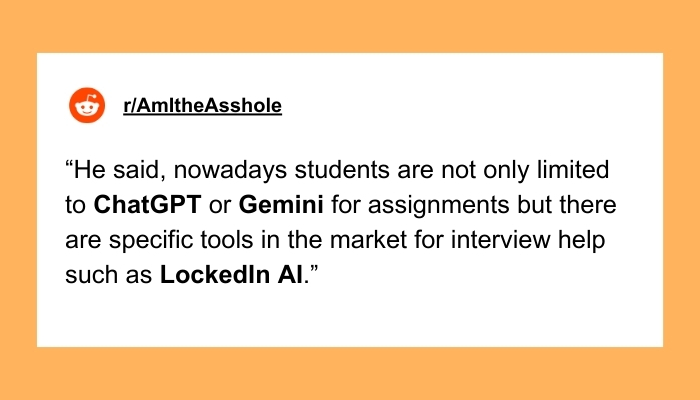The Rise of AI in Job Interviews: Navigating New Challenges in Recruitment
In the evolving landscape of recruitment, a seasoned IT recruiter encountered an unusual situation that sheds light on the increasing integration of artificial intelligence (AI) in job interviews. A candidate, initially presenting with average coding skills and low confidence, displayed an unexpected surge in proficiency during a technical interview. This sudden shift, marked by behaviors such as repeating questions verbatim and overemphasizing syntax, raised suspicions of AI assistance. Consultation with the recruiter’s 18-year-old son unveiled the existence of AI tools like LockedIn AI, designed to provide real-time support during interviews. This revelation prompts a critical examination of the ethical implications and challenges posed by AI in the hiring process.
Artificial intelligence is becoming widely used for many purposes

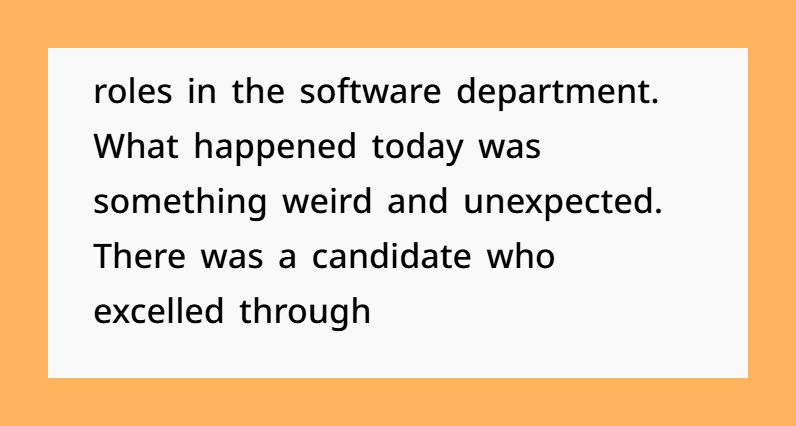
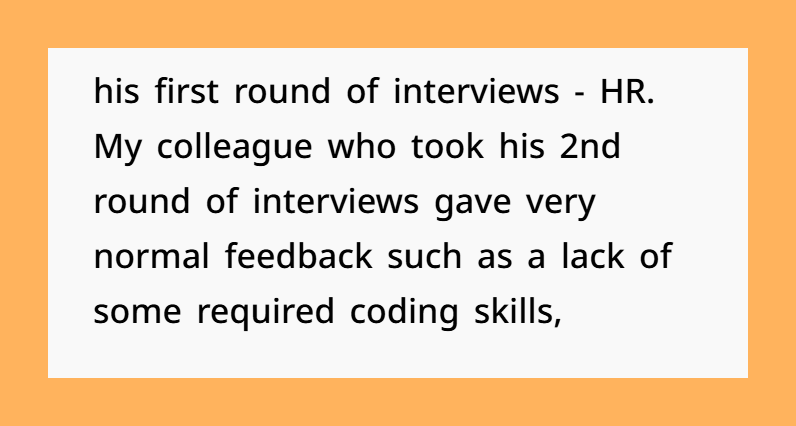
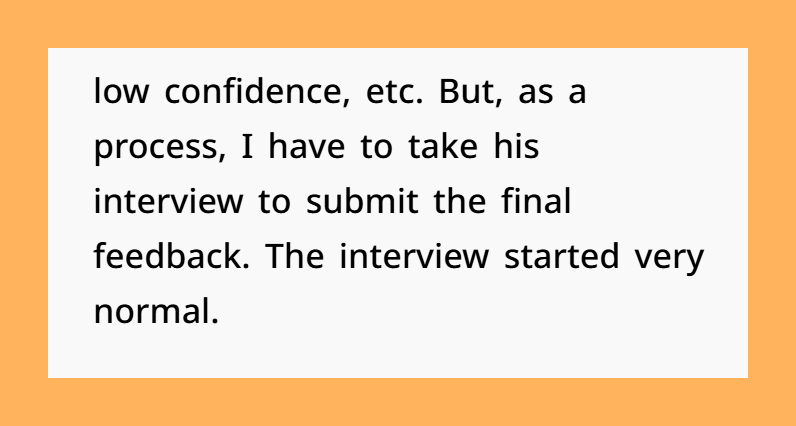

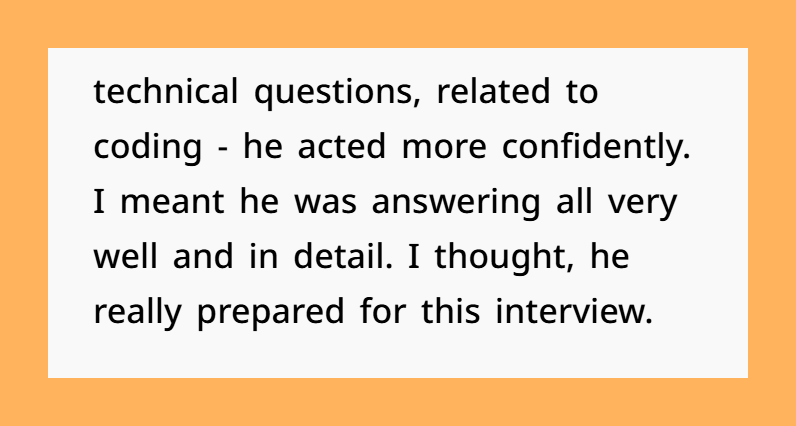
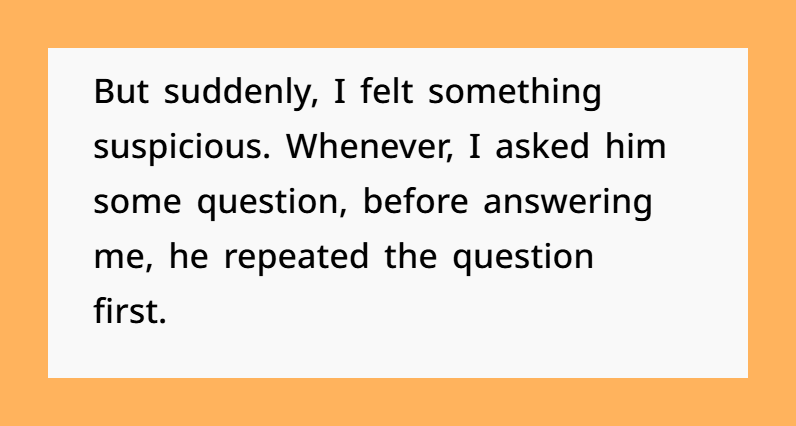

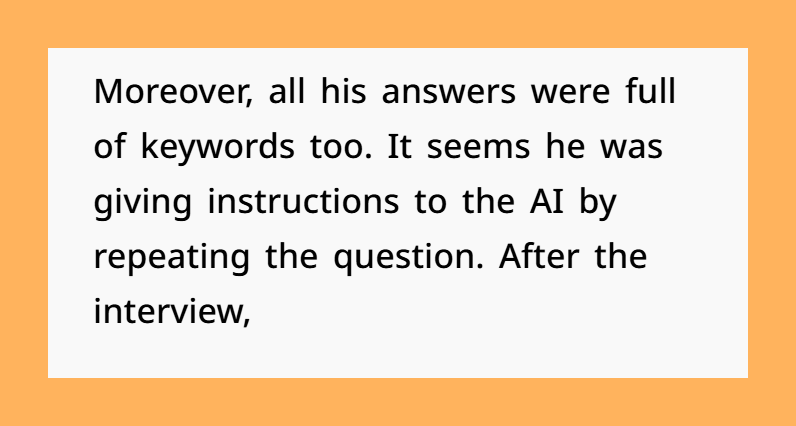
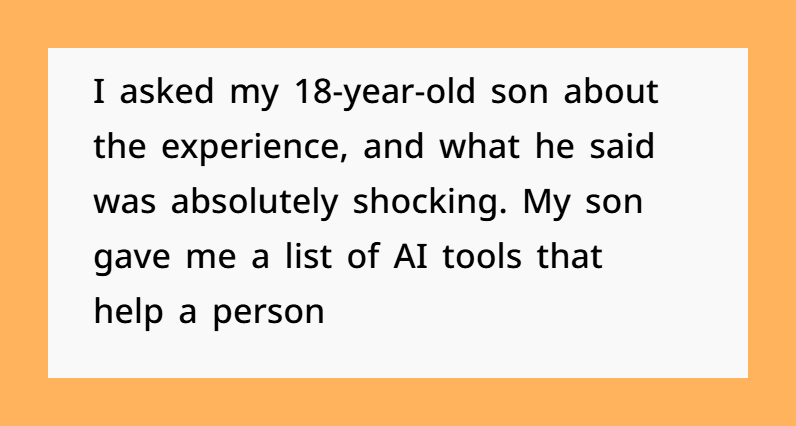
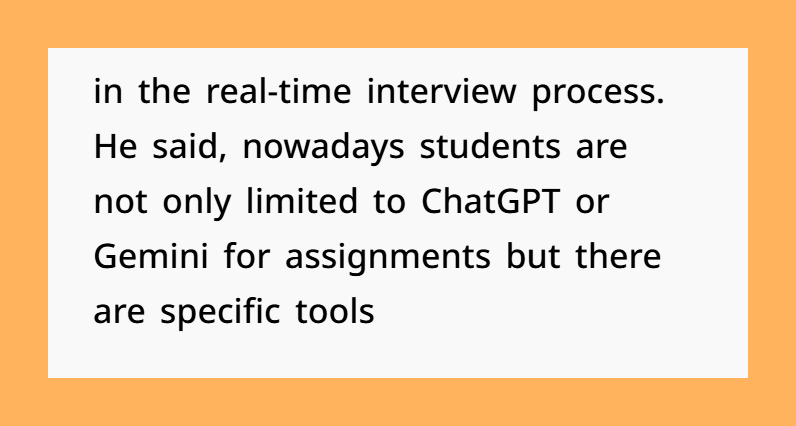
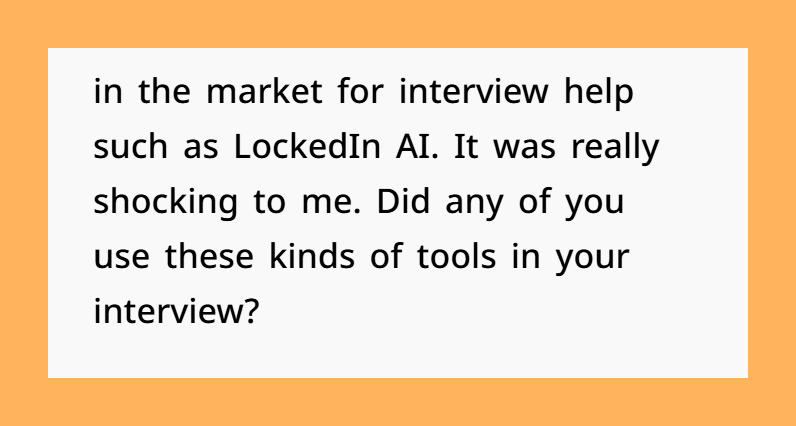
The advent of AI-powered interview assistants has transformed the recruitment landscape, introducing both opportunities and challenges for employers and candidates alike. Tools such as LockedIn AI and Final Round AI offer real-time guidance, live coaching, and tailored feedback during interviews. These platforms aim to enhance candidates’ performance by providing instant suggestions and corrections, potentially boosting their confidence and articulation.Latest news & breaking headlineslockedin-ai+2Wikipedia+2Final Round AI: Interview Copilot+2
However, the use of such AI tools during live interviews raises significant ethical concerns. The Chartered Institute of Personnel and Development (CIPD) has criticized these practices as unethical, equating them to cheating during examinations. They argue that AI assistance can misrepresent a candidate’s true abilities, leading to potential mismatches between the individual’s actual competencies and the job requirements. This misalignment not only undermines the integrity of the recruitment process but also poses risks to organizational performance and cohesion.Latest news & breaking headlines
Furthermore, the proliferation of AI in interviews challenges traditional assessment methods. Recruiters must now develop strategies to detect and address the use of AI assistance to ensure a fair evaluation of candidates. This may involve incorporating more dynamic and unpredictable questioning techniques, emphasizing practical assessments, and fostering transparency regarding the use of AI tools.
The integration of AI in recruitment is not solely limited to candidates. Companies like LinkedIn are deploying AI-powered “hiring assistants” to streamline the recruitment process, handling tasks such as generating job specifications, searching for suitable candidates, and managing scheduling. While these innovations enhance efficiency, they also necessitate a reevaluation of the human elements essential to effective hiring practices.Latest news & breaking headlines
As AI continues to permeate the recruitment sector, it is imperative for both employers and candidates to navigate this evolving landscape with ethical considerations at the forefront. Establishing clear guidelines and fostering open dialogues about the role of AI in interviews can help maintain the integrity and effectiveness of the hiring process in this new era.
Here’s what top commenters had to say about this one:
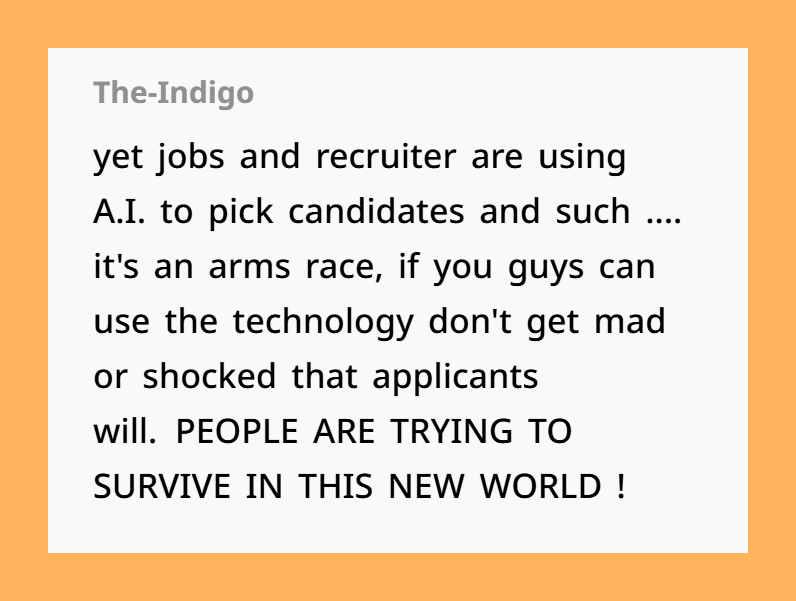
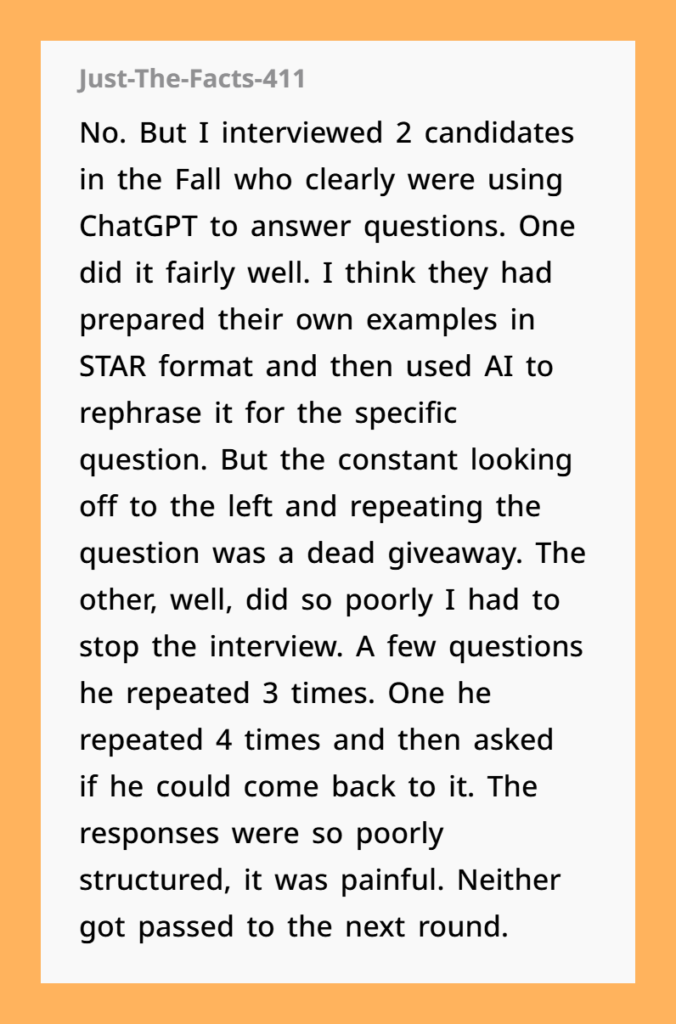
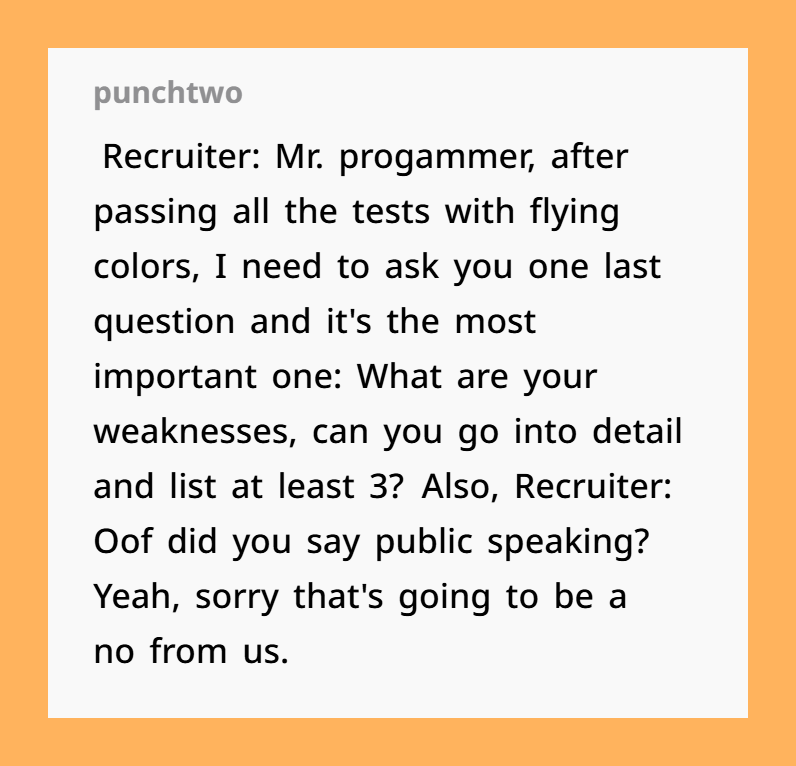
Conclusion:
As artificial intelligence reshapes the hiring ecosystem, the line between authentic candidate competence and AI-enhanced performance becomes increasingly blurred. While AI tools like LockedIn AI offer candidates an edge, their unchecked use threatens the fairness and reliability of recruitment. For recruiters, this calls for adapting evaluation frameworks—balancing technological literacy with human intuition. Simultaneously, organizations must foster ethical standards, ensuring transparency and trust in every stage of hiring. In this evolving digital age, the challenge is not just about detecting AI intervention, but about redefining merit and authenticity in the modern job market.

